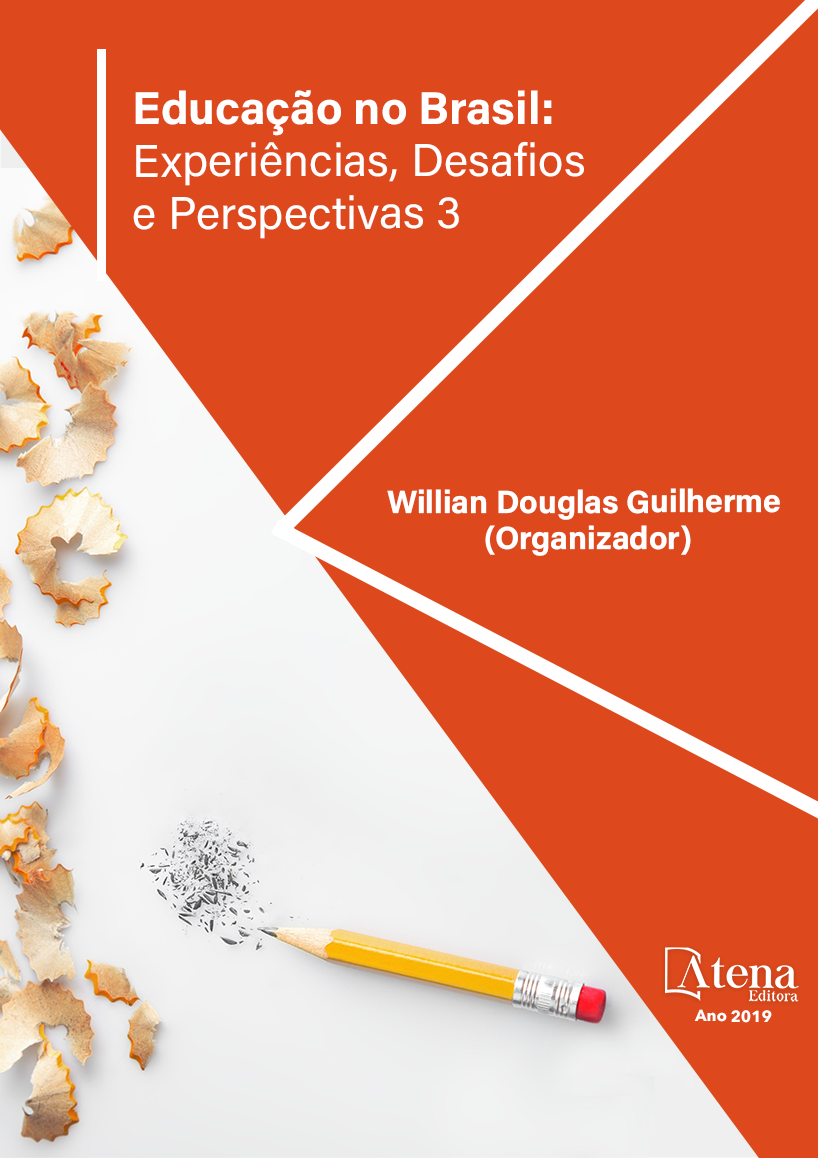
MÚSICA E EDUCAÇÃO: UMA PERSPECTIVA BAKHTINIANA
O presente trabalho tem como
objetivo principal discutir algumas questões
que tecem o desafio de assumir a música como
um posicionamento epistêmico, necessário e
possível, no debate com a educação. Trata-se
de um posicionamento necessário por conta de
sua ubiquidade, ou seja, pelo fato da música
apresentar-se viva no cotidiano da educação
com, sem ou apesar do ensino de música. E
trata-se de um posicionamento possível por
conta de sua ambivalência, ou seja, pelo fato
da música apresentar-se, justamente enquanto
um elemento vivo no cotidiano da educação,
como uma arena de sentidos em permanente
dialogia. A discussão aqui proposta realiza-se,
entretanto, a partir da noção bakhtiniana de
polifonia. Trata-se de uma noção que Bakhtin
tomou de empréstimo do campo da música para
problematizar a não-objetivação não apenas
do romance de Dostoiévski, mas também da
própria linguagem. Uma noção, inclusive, que
mostra-se capaz de oferecer recursos teóricometodológicos
bastante férteis para a nãoobjetificação
do próprio campo da educação.
Assim, é justamente sob esta perspectiva
bakhtiniana que, em meio a um contraponto
entre Estado, sociedade civil e juventude
de uma favela da cidade do Rio de Janeiro
realizado no cotidiano de em uma escola
municipal carioca, pretendemos apontar que a
música abre possibilidades bastante férteis para
a emergência de duas questões principais: a)
o conflito, a contradição e, algumas vezes, até
mesmo a violência como elemento estruturante
das relações educacionais; b) as estreitas
e complexas relações entre conhecimento,
política e estética que tecem o próprio campo
da educação.
MÚSICA E EDUCAÇÃO: UMA PERSPECTIVA BAKHTINIANA
-
DOI: 10.22533/at.ed.66919270925
-
Palavras-chave: Educação; Bakhtin; Polifonia.
-
Keywords: Education; Bakhtin; Polyphony.
-
Abstract:
The main objective of this work
is to discuss some of the issues that pose the
challenge of assuming music as an epistemic
position, necessary and possible, in the debate
with education. It is a necessary position
because of its ubiquity, that is, because the
music is alive in the daily life of education with,
without or despite the teaching of music. And it is
a possible position because of its ambivalence,
that is, because music presents itself, precisely
as a living element in the daily education, as an
arena of senses in permanent dialogue. The
Educação no Brasil: Experiências, Desafios e Perspectivas 3 Capítulo 25 235
discussion here proposed is, however, based on the Bakhtinian notion of polyphony.
It is a notion that Bakhtin borrowed from the field of music to problematize the nonobjectification
not only of the novel but also of language itself. A notion, even, that
shows itself capable of offering theoretical and methodological resources very fertile
for the non-objectification of the field of education itself. Thus, it is precisely from this
Bakhtinian perspective that, in the midst of a counterpoint between State, civil society
and youth of a favela in the city of Rio de Janeiro carried out in the daily life of a
municipal school in Rio de Janeiro, we intend to point out that music opens up quite a
few possibilities fertile for the emergence of two main issues: a) conflict, contradiction
and, sometimes, violence as a structuring element of intersubjective relations; b) the
narrow and complex relations between knowledge, politics and aesthetics that weave
the field of education itself.
-
Número de páginas: 15
- José Carlos Teixeira Júnior


